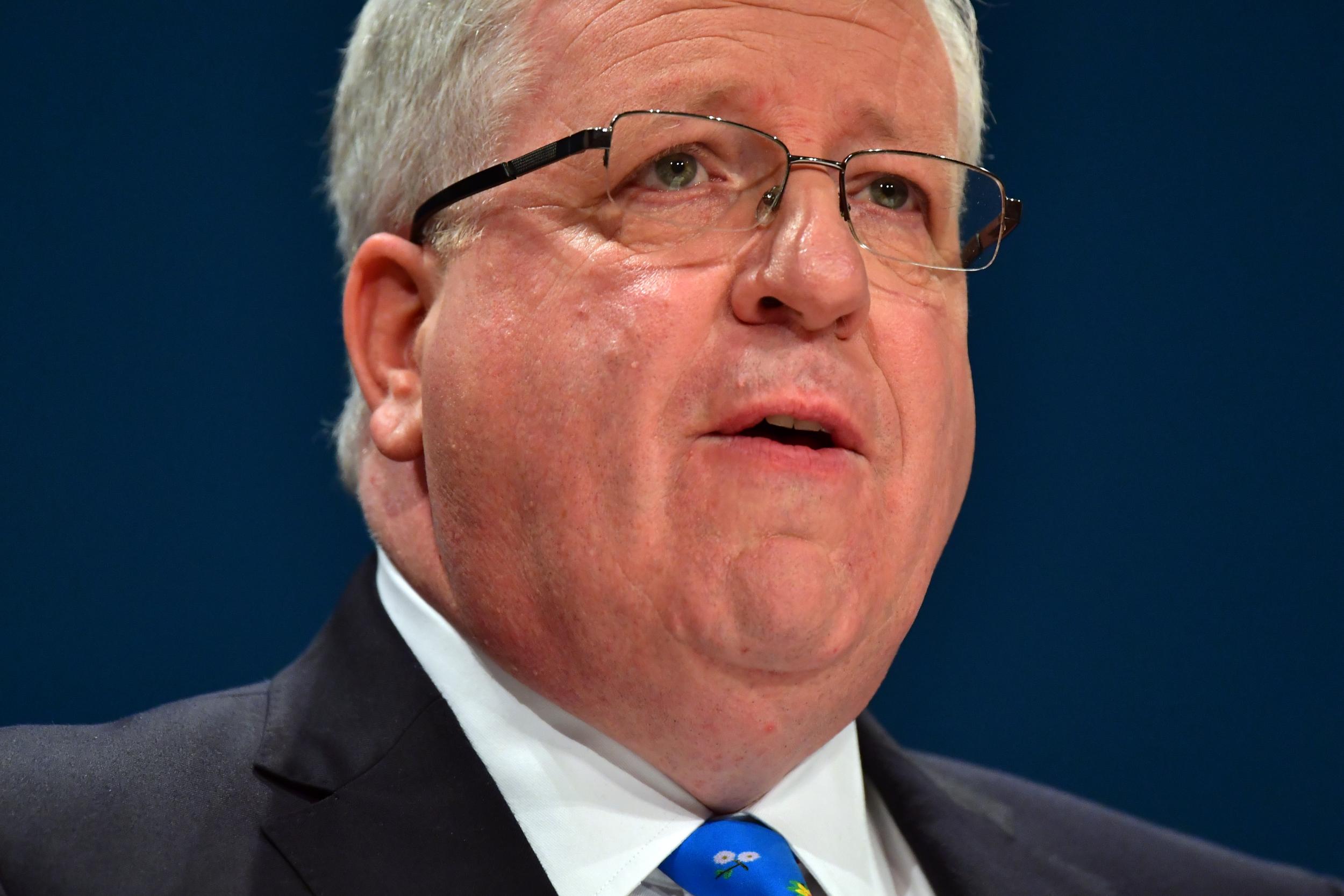Tory election spending: Conservatives could sue anyone making 'false' claims about the party's candidates
The Crown Prosecution Service says no charges will be brought in almost all cases under consideration

Your support helps us to tell the story
From reproductive rights to climate change to Big Tech, The Independent is on the ground when the story is developing. Whether it's investigating the financials of Elon Musk's pro-Trump PAC or producing our latest documentary, 'The A Word', which shines a light on the American women fighting for reproductive rights, we know how important it is to parse out the facts from the messaging.
At such a critical moment in US history, we need reporters on the ground. Your donation allows us to keep sending journalists to speak to both sides of the story.
The Independent is trusted by Americans across the entire political spectrum. And unlike many other quality news outlets, we choose not to lock Americans out of our reporting and analysis with paywalls. We believe quality journalism should be available to everyone, paid for by those who can afford it.
Your support makes all the difference.The Conservatives have signalled they could sue anyone making "false" claims about the party's candidates, after it emerged no charges will be brought over allegations of electoral fraud.
Conservative Party Chairman Patrick McLaughlin slammed "malicious" allegations that he claimed had been made relating to Tory spending in the 2015 election campaign.
He and other Tory's also accused rivals of making "politically motivated" accusations, with one Conservative fighting to retain his seat claiming there had been a witch-hunt.
Despite the CPS decision not to pursue charges in most cases, there is still danger the affair may hit the Conservative's 2017 election campaign, with one case outstanding and police still considering whether the party's treasurer at the time should face further action.
But Mr McLaughlin said: "After a very thorough investigation, we are pleased that the legal authorities have confirmed what we believed was the case all along, that these Conservative candidates did nothing wrong.
"These were politically motivated and unfounded complaints that have wasted police time. We are glad that this matter is finally resolved.
"A number of false and malicious claims continue to be spread on the internet. People should be aware that making false claims about a candidate’s personal character and conduct is an electoral offence, as well as being defamatory."
Tory candidates involved who are standing for re-election also hit back this morning. Karl McCartney, standing in Lincoln, said: "This whole saga amounts to no more than a politically-motivated witch-hunt."
The allegations related to claims that incorrect expenses were filed for the party’s campaign 2015 battle bus, which travelled the country during that year's election.
Candidates were accused of labelling spending on hotels and campaign material as national spending rather than local, potentially allowing them to increase their constituency campaigning without breaking a legal spending ceiling.
The Conservatives have already admitted under-declaring spending on their national 2015 campaign and were fined £70,000 as a result, but they insist all local spending was properly declared.
The Metropolitan Police is also considering whether the treasurer at the time, Simon Day, 'knowingly or recklessly made a false declaration'. While the CPS is still considering one case file handed in by Kent Police.
Announcing the CPS decision today, Head of Special Crime Nick Vamos said: "We reviewed the files in accordance with the Code for Crown Prosecutors and have concluded the tests in the Code are not met and no criminal charges have been authorised.
"Under the Representation of the People Act, every candidate and agent must sign a declaration on the expenses return that to the best of their knowledge and belief it is a complete and correct return as required by law.
"It is an offence to knowingly make a false declaration. In order to bring a charge, it must be proved that a suspect knew the return was inaccurate and acted dishonestly in signing the declaration. Although there is evidence to suggest the returns may have been inaccurate, there is insufficient evidence to prove to the criminal standard that any candidate or agent was dishonest."
Join our commenting forum
Join thought-provoking conversations, follow other Independent readers and see their replies
Comments